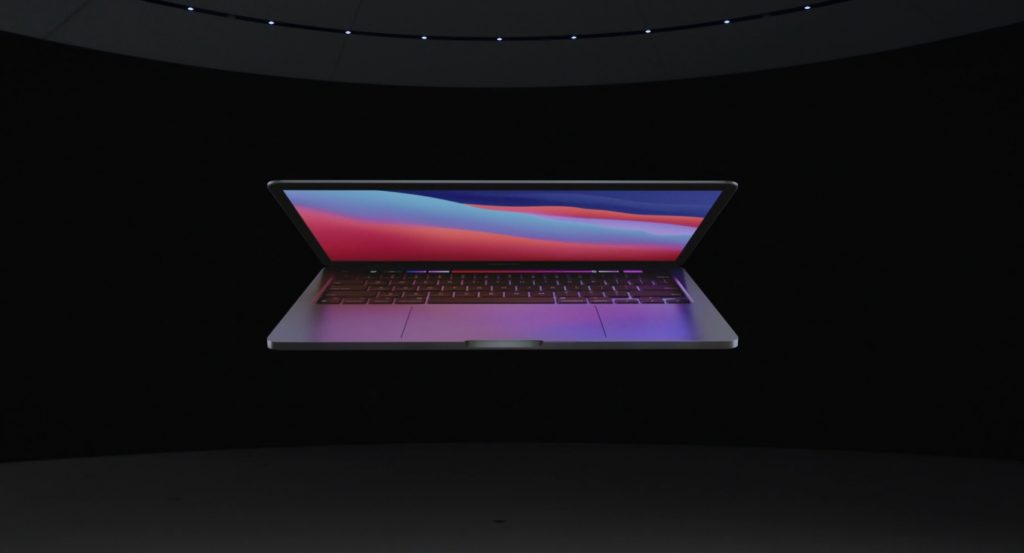India has 3 private and 1 state-owned telecom player. Out of the 3 private ones, Bharti Airtel and UK-based Vodafone’s India unit have literally been functioning on life support for some time now. And looks like there are no immediate signs of relief.
In a Thursday ruling that is set to impact these two telecom companies in particular, India’s Supreme Court rejected their pleas seeking review of the court’s earlier judgement, that had asked telecom operators to pay more than ₹1 trillion(~$14 billion) of dues to the central government. Out of the ₹1Tn, Bharti Airtel owes ₹35,586 crore (~$5 billion) to the government while Vodafone Idea, owes ₹50,000 crore(~$7.2 billion).
According to a Livemint report, both Airtel and Vodafone are in the process of filing curative petitions to counter Thursday’s decision. Airtel on its end has already raised $3 billion from lenders. Part of this raised money is expected to be used for paying these government dues.
Jio, backed by Reliance, is the third offender. The amount owed by Jio though, is paltry when compared with Airtel and Vodafone, since the company has been in existence for a fairly short period of time and these dues are accumulated over several years. Another ₹14,000 is due with the now shut Tata Teleservices, which was a telecom venture floated by one of the world’s largest industrial conglomerates, Tata Sons. There’s no clarity on how those dues will be recovered.
The issue stems from the definition of the term ‘AGR’. The 24 October court order (against which the plea in question was filed) upheld the government’s definition of revenue. Government defined AGR as all revenues of a licence holder including those from non-core telecom operations such as rent, dividend and interest income.
This decision will now force telecom companies to pay their dues within a week to the government. Any failure to meet the same will mean seeking urgent help from the government in terms of extensions or liquidity.
Experts feel that while Airtel may still somehow survive this, Vodafone will collapse. The company’s parent in UK has already rejected any further financial injection into India business. Vodafone parent CEO Nick Read already rejected any further financial bailout of its Indian subsidiary in a series of controversial statements. He later apologised to the central government over the same.
The Supreme Court judgement has come at an extremely crucial time. If the telecom companies do end up paying these dues, it could severely impact the country’s accelerated push for a 5G roll out. Payment of such multi-billion dollar dues will cripple companies’ ability to invest in India’s upcoming spectrum auctions, which are already among the costliest globally.
“The industry needs to continue to invest in expanding networks, acquiring spectrum and introducing new technologies like 5G. The money now required to pay punitive interest, penalty and interest on penalty which forms nearly 75% of AGR (adjusted gross revenue) dues would have better served the digital mission of the country,” Bharti Airtel said in a statement released post Thursday’s judgement.





